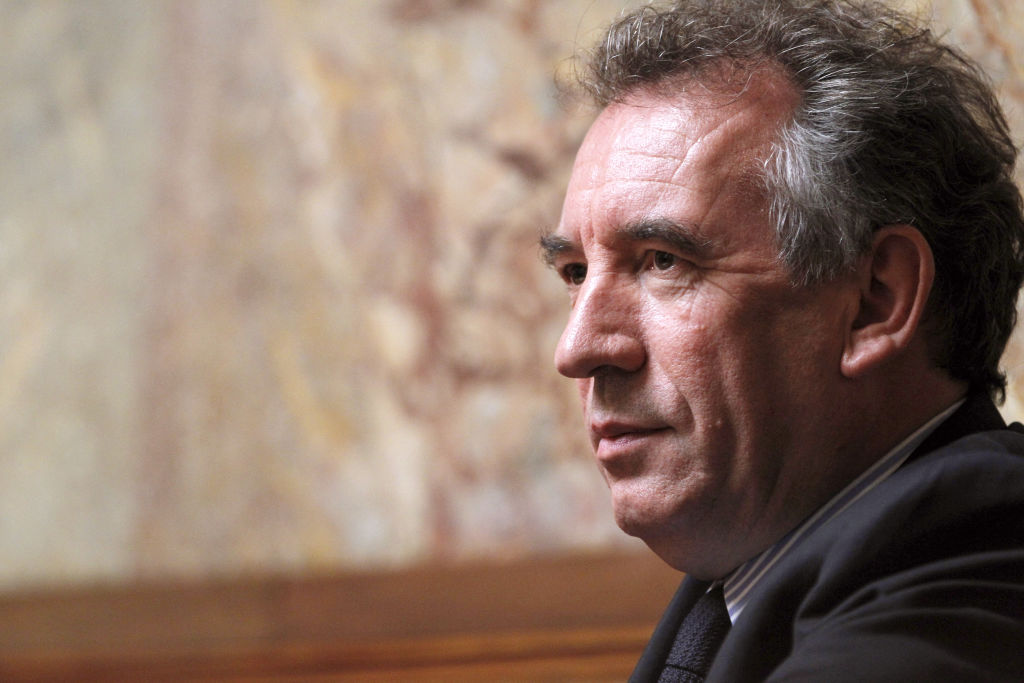After a rocky start, François Bayrou held onto his position as prime minister in February by making France a promise. Trade unions and business lobbies, he said, would be able to hold a series of negotiations to hash out possible amendments to President Emmanuel Macron’s controversial 2023 reform to France’s retirement system. Adopted without a parliamentary vote, Macron’s pension law extracted savings solely on the backs of late-career workers, increasing the retirement age for public pensions from sixty-two to sixty-four while safeguarding employers and wealthy retirees from new charges.
There would be no “totems or taboos” in any reworking of the law, the new prime minister pledged. This meant that — at least in theory — a retreat on the retirement age was not off the table. Whatever emerged from the negotiations was to be transmitted to parliament for an up-or-down vote by this summer. Thanks to these pledges, Bayrou was able to win the tacit support of the center-left Parti Socialiste, which abstained from a no-confidence vote in early February that might have caused the collapse of his government.
Weeks later, Bayrou’s format now appears to be cracking apart, as the prime minister himself explicitly rules out any repeal of the most controversial element of the 2023 law.
On March 16, Bayrou made it official that his government would broker no return in the pension age to sixty-two. Unions, alongside the left-wing and far-right parliamentary oppositions, accused the premier of backsliding. But Bayrou doubled down on his position on March 18, arguing before parliament that it was “not possible” to envisage a lowered retirement age given France’s budgetary difficulties and the broader geopolitical crisis.
The 2023…
Auteur: Harrison Stetler

